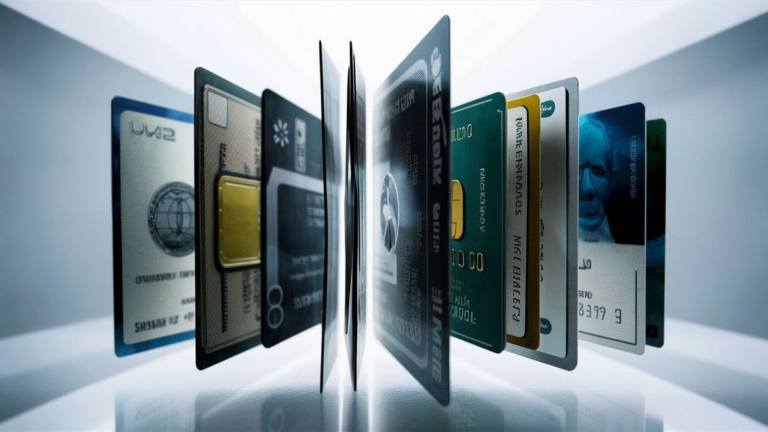Are you wondering about the age requirements for obtaining a debit card? We’re here to provide you with comprehensive insights into this matter, ensuring you’re well-informed before taking any steps forward.
Understanding Debit Cards
Before delving into age requirements, let’s clarify what a debit card is. A debit card, unlike a credit card, allows you to access funds directly from your bank account to make purchases or withdraw cash. It’s a convenient and widely used financial tool for managing everyday transactions.
Age Requirements
The age at which one can obtain a debit card varies depending on several factors, including the country of residence, financial institution policies, and parental consent. Generally, most banks require individuals to be at least 16 years old to open a checking account and obtain a debit card in their own name. However, some banks may offer accounts with debit card privileges to minors as young as 13, provided a parent or guardian is a joint account holder.
It’s essential to note that while banks may have their age requirements, they often prioritize responsible account management and may assess an individual’s financial literacy and ability to handle transactions independently.
Parental Consent and Joint Accounts
For individuals under the legal age to obtain a debit card independently, parental consent is typically required. This consent may involve a parent or guardian co-signing on the account, effectively creating a joint account. In such cases, both parties have access to the funds and are responsible for managing the account.
Financial Education
Regardless of age, obtaining a debit card often serves as an introduction to financial responsibility for many individuals. It presents an opportunity for parents and guardians to educate their children about money management, budgeting, and the importance of responsible spending and saving habits.
In conclusion, the age requirement for obtaining a debit card varies depending on factors such as location, financial institution policies, and parental consent. While many banks set the minimum age at 16, some may offer accounts to minors as young as 13 with parental involvement. Ultimately, obtaining a debit card represents a significant step towards financial independence and responsibility, emphasizing the importance of proper education and guidance.
Debit Card Security
Security is a crucial aspect of debit card usage. It’s important to educate individuals, especially young account holders, about protecting their card details, avoiding phishing scams, and reporting any suspicious activity promptly. Teaching them to safeguard their PINs and not share them with anyone is vital in preventing unauthorized access to their accounts.
Lost or Stolen Cards
What should you do if your debit card is lost or stolen? Acting swiftly is essential to minimize potential losses and prevent fraudulent transactions. Encourage individuals to contact their bank immediately to report the loss or theft. Most banks offer 24/7 customer service to assist in blocking the card and preventing unauthorized transactions.
Online Purchases and Fraud Protection
As online shopping becomes increasingly prevalent, understanding how to make secure transactions is paramount. It’s advisable to use reputable websites with secure payment gateways. Additionally, many banks offer fraud protection services that monitor account activity and notify customers of any suspicious transactions, providing an added layer of security.
Debit Card Fees and Charges
While debit cards offer convenience, users should be aware of associated fees and charges. Common fees include overdraft fees, ATM withdrawal fees (especially for out-of-network ATMs), and foreign transaction fees. Encourage individuals to review their bank’s fee schedule and opt for accounts with minimal fees whenever possible.
Understanding Account Terms and Conditions
Before opening a checking account and obtaining a debit card, it’s crucial to read and understand the terms and conditions provided by the bank. This includes information about fees, account minimums, transaction limits, and any other relevant policies. Clear comprehension of these terms helps users avoid unexpected charges and maintain control over their finances.
Frequently Asked Questions
| Question | Answer |
|---|---|
| Can I use my debit card internationally? | Many debit cards can be used internationally, but users should be aware of foreign transaction fees and currency conversion charges. |
| What should I do if I forget my PIN? | Contact your bank to reset your PIN or request a new one. Avoid writing down your PIN or sharing it with anyone. |
| Are there any age restrictions for online purchases with a debit card? | Online merchants may have age restrictions for certain purchases, but generally, if you have a valid debit card, you can make online transactions. |
See also:






